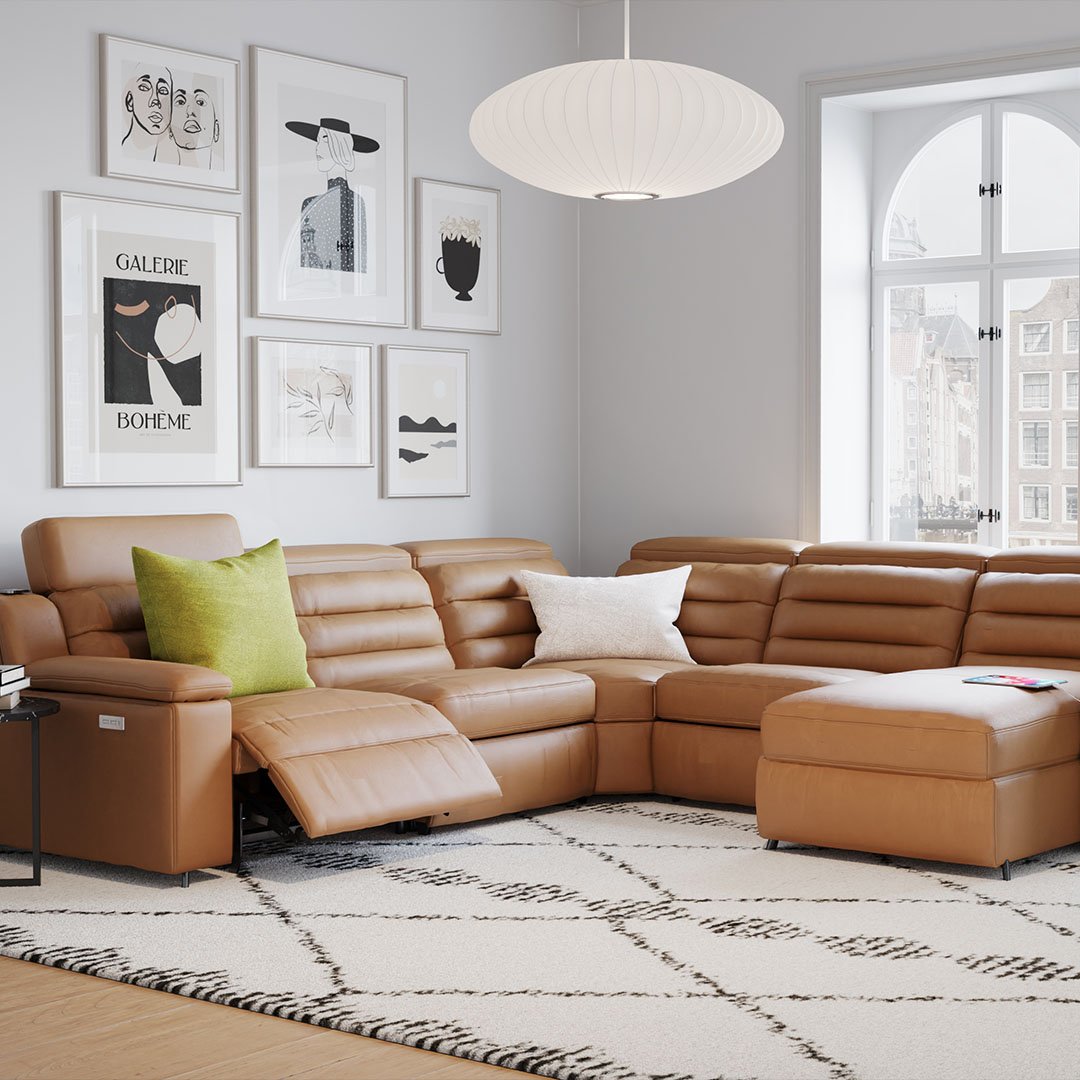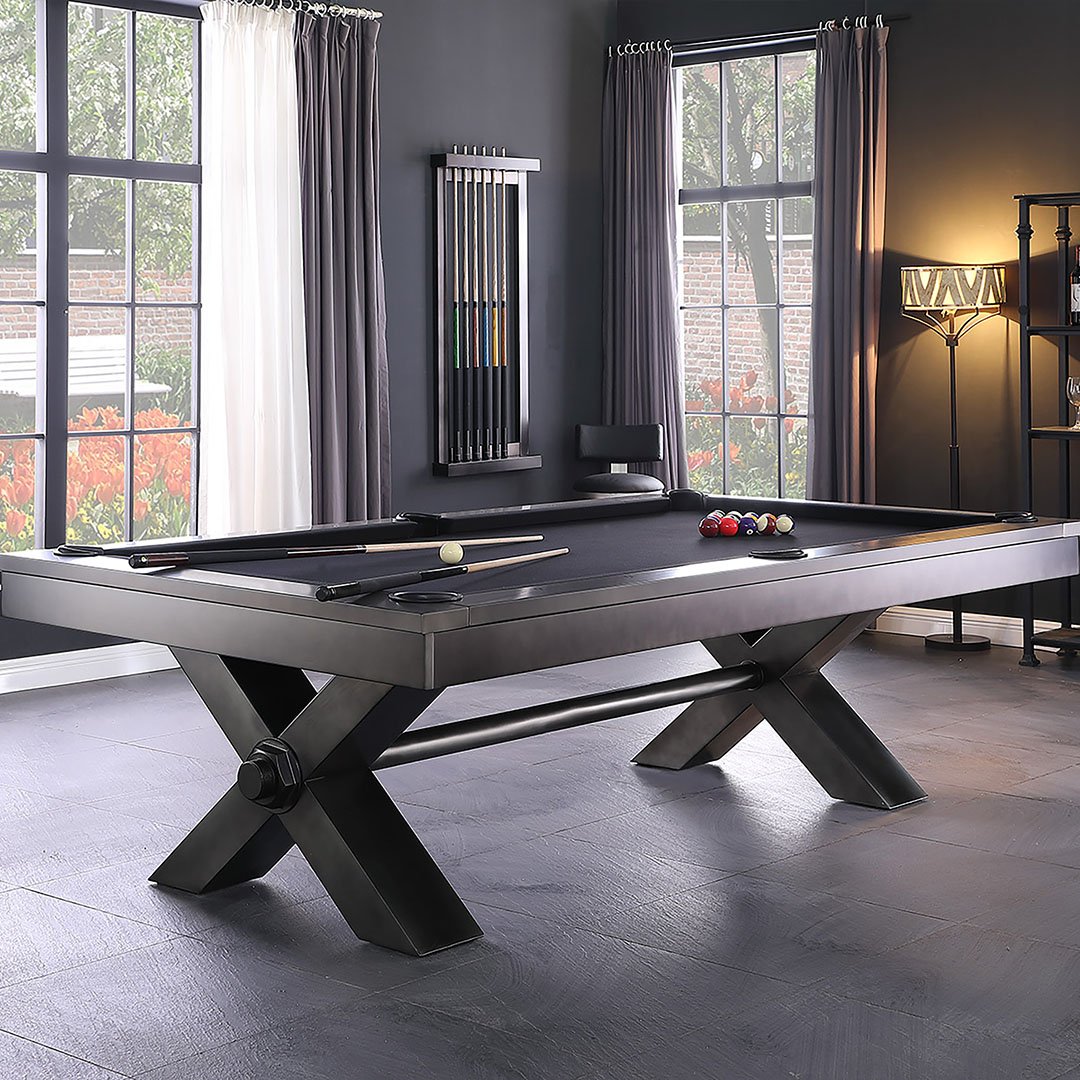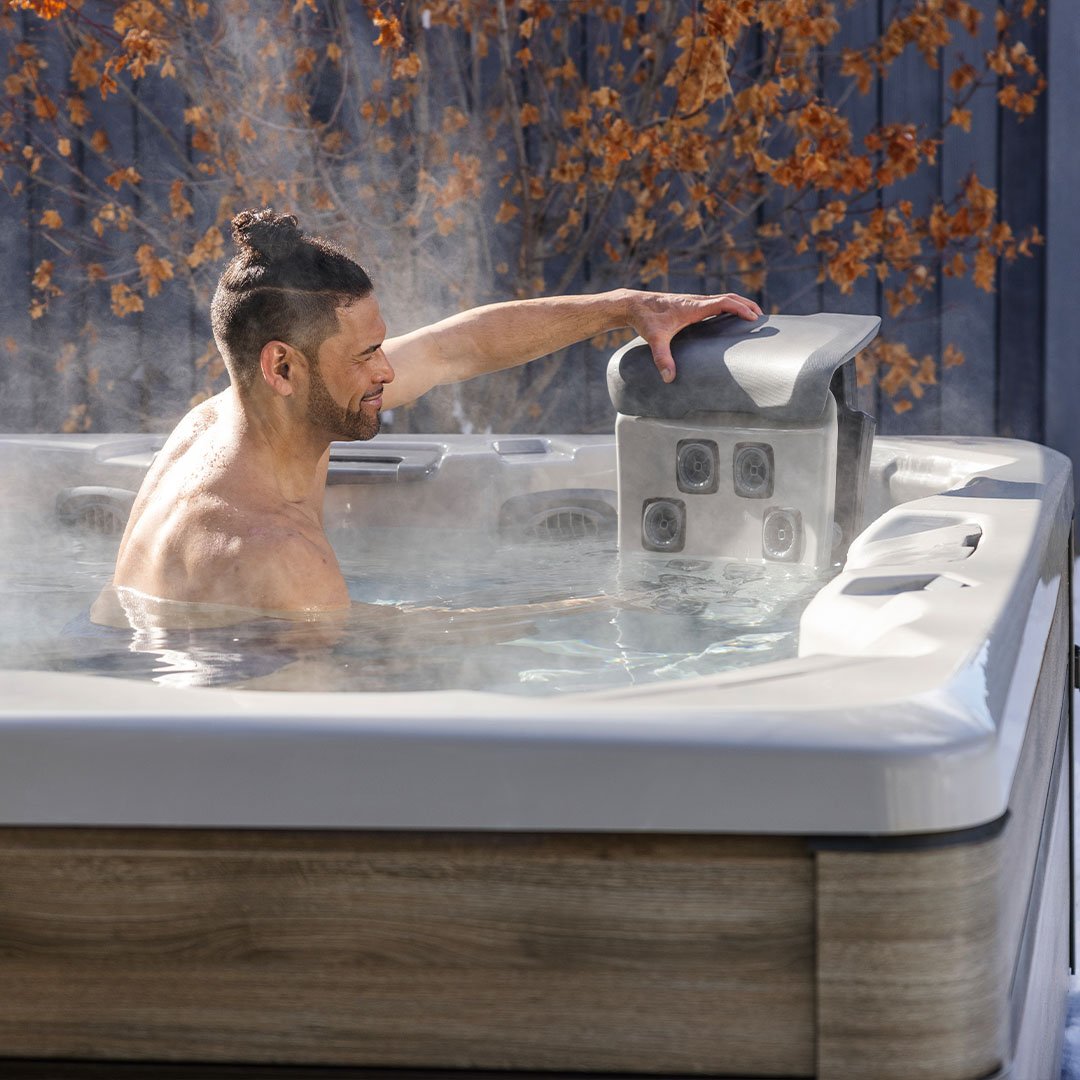What Are the Regulations for Pool Table Sizes?
Demystifying Pool Table Size
When shopping for a pool table, understanding the standard dimensions for different table sizes can have a major impact on the layout of your rec room, basement, or home bar. If you're in the market for a new pool table and find yourself asking, "What are the regulations for pool table sizes?" we have the answers you're looking for.
Introduction to Pool Table Sizes
Let's start by getting familiar with some fundamentals around pool table dimensions and room size considerations.
Understanding Pool Table Dimensions
Pool tables are available in a range of sizes, but most home models are 7, 8, or 9 feet long. The length refers to the long side of the rectangular playing surface. Width is usually half the length, so a 7-foot table would typically be about 3.5 feet wide.
Other dimensions include the bed height, or thickness of the slate bed, and the overall height of the pool table. Thicker slates around 1 inch are best for a consistent roll and bounce. Overall height is usually between 28 to 34 inches for the rail height around the bed.
The Importance of Room Size When Choosing a Table
The size of the room determines what table size you should choose. As a general rule, the length of the table should be no more than half the length of the room. So for a 16-foot game room, an 8-foot table is likely the largest size you can fit.
It’s also important to measure not just floor dimensions but also ceiling height. Standard table heights need at least an 8-foot ceiling. For a 9-foot table or larger, ceilings of 8.5 feet or higher are best.
Be sure to consider where you want to place the table and leave enough walking space around it. And don’t forget about cues – leaving room to take full backswings helps with player comfort and smooth gameplay.
You'll also want to keep weight in mind when choosing your pool table. Understanding the weight of a pool table can help you to properly prepare for installation and setup, as well as any structural reinforcements that your space may need.
Standard Pool Table Sizes and Their Specifications
Now that we’ve covered the basics, let’s look at common pool table sizes to help you determine the correct pool table dimensions for your basement, rec room, or home bar.
7-Foot Tables and Their Specifications
Seven-foot tables are a great choice for tighter spaces or multifunctional game rooms. Their compact size makes them ideal for basements, apartments, or even dorms. Some 7-foot models can also convert between pool and ping pong tables.
8-Foot Tables and Their Specifications
The 8-foot pool table hits the sweet spot for many players, blending playability and practical size. With ample room for full shots along the length, 8-footers are ideal for honing skills while still fitting well in most spaces. A standard 8-foot table has a playing surface about 92 inches long by 46 inches wide.
9-Foot Tables and Their Specifications
The 9-foot table is the gold standard for professional play and tournaments. With plenty of room for skilled players to fully stretch out shots, 9-foot pool tables offer the most authentic billiards experience.
Regulation-size 9-foot tables feature playing surfaces around 108 inches long by 54 inches wide. The slate bed is about 1 inch on a cabinet standing 30 to 34 inches. Because of the larger size, plan on dedicating at least a 16 by 18 foot area with 9-foot or higher ceilings.
Common Misconceptions and Questions About Pool Table Sizes
With so many pool table sizes and specs to consider, there are bound to be some misconceptions.
One myth is that table size correlates directly to skill level. While pros often prefer larger tables, you can play competitively even on 7 or 8-foot models. Good fundamentals like aim and stroke aren't tied to table size.
Another misconception is that oversized tables won’t fit in home spaces. However, many manufacturers offer 9-foot tables with reduced dimensions to fit smaller areas. Creative positioning can also accommodate full pro sizes in unconventional spots.
There may also be some confusion about different rules for different-sized tables. Pool game rules stay consistent regardless of table size. However, larger tables enable more complicated ball patterns and shots.

Importance of Table Size to Gameplay
The size of a pool table has a significant impact on gameplay and strategy. Standardized table sizes allow players to develop consistent skills and techniques that translate across different types of pool tables. Understanding the regulations around table sizes is important for both serious recreational players and competitors alike.
The playing surface dimensions affect the available space to execute shots, the length of the shot required to sink balls, and the angles and speed needed to successfully pocket balls or perform defensive shots. On larger tables, more powerful strokes and strategic positioning are often needed.
Impact of Table Size on Shot Difficulty
The length of a pool table noticeably impacts the level of difficulty for certain shots. Longer shots require more power and precision, while smaller tables allow for easier banking angles and cue ball control.
On a 7-foot table, most shots are relatively short. But 9-foot tournament-size tables require executing long shots across the length of the table. This demands great technique and the ability to accurately judge shot speed and spin.
Development of Skills and Techniques
Mastering pool requires practicing on a regulation-size table to learn the proper fundamentals. Shorter tables allow the development of some skills but don't require the same level of precision as larger models.
Can I Fit a Pool Table in My Room?
Wondering if you can fit a pool table in your room? To determine what size pool table your room can fit, you'll need to consider the following factors.
Assessing Your Space
When considering adding a pool table to your home, take measurements to see if it will realistically fit. Most tables require a minimum of 16 feet by 12 feet for gameplay but allow extra space for cueing and movement.
Measure the open floor space in your game room, accounting for doorways or architectural elements. Having enough space around the table improves accessibility and shot-making.
How Wide Are Pool Tables?
The standard width for most pool tables is 44 to 46 inches. Larger 9-foot tournament tables can be 54 inches wide or more.
How Long Are Pool Tables?
Pool table length starts at 3.5 feet for bar boxes, then increases from 7ft to 8ft to 9ft for standard full-sized home and professional tables.
Knowing standard pool table dimensions helps pick the perfect size for your available space. Careful measurement ensures enjoyable gameplay.
Pool & Billiards Tables from Watson's
If you’re interested in finding a new pool table, browse our extensive pool product range.
When you shop with Watson's, you’ll find an amazing selection and personalized service, along with the guaranteed lowest prices in the USA. We have a wide variety of pool tables, air hockey tables, and arcade cabinets from the leading brands along with tons of accessories to make your rec room complete. Discover our Rec Room collection here or stop by your nearest Watson’s location today.
FAQs
How much space do you need around a pool table?
Plan for 3 to 4 feet of clearance around smaller 7 and 8-foot home pool tables. Larger professional 9-foot tables need about 5-6 feet of spacing for player cues and movement.
What's the best size pool table for a home?
The best home pool table size for most recreational players is 7 feet, offering a balance of playability and room space requirements.
Are there standard pool table sizes?
Yes, the American Poolplayers Association recognizes 7-foot, 8-foot, and 9-foot pool tables as standard regulation sizes. Tables outside those dimensions can also be custom-ordered.










